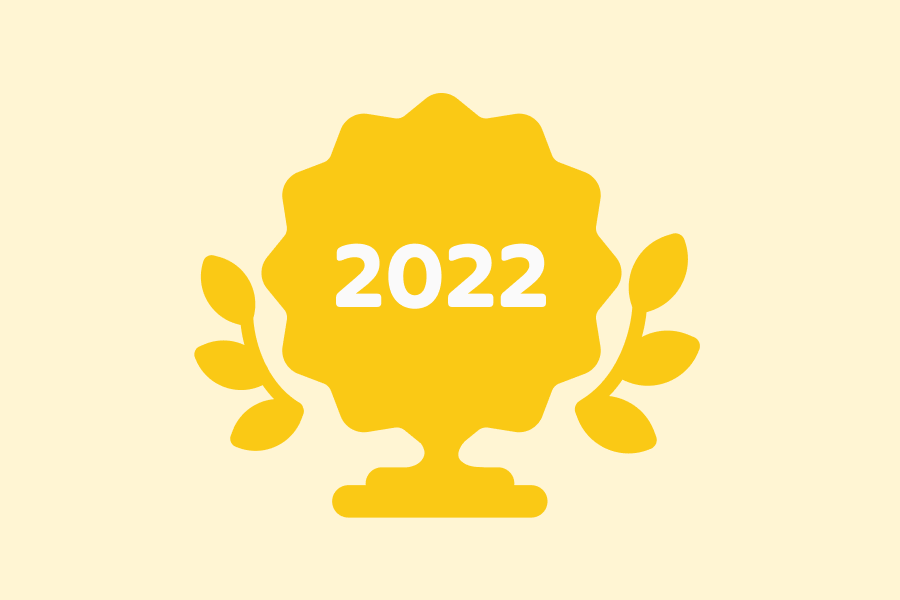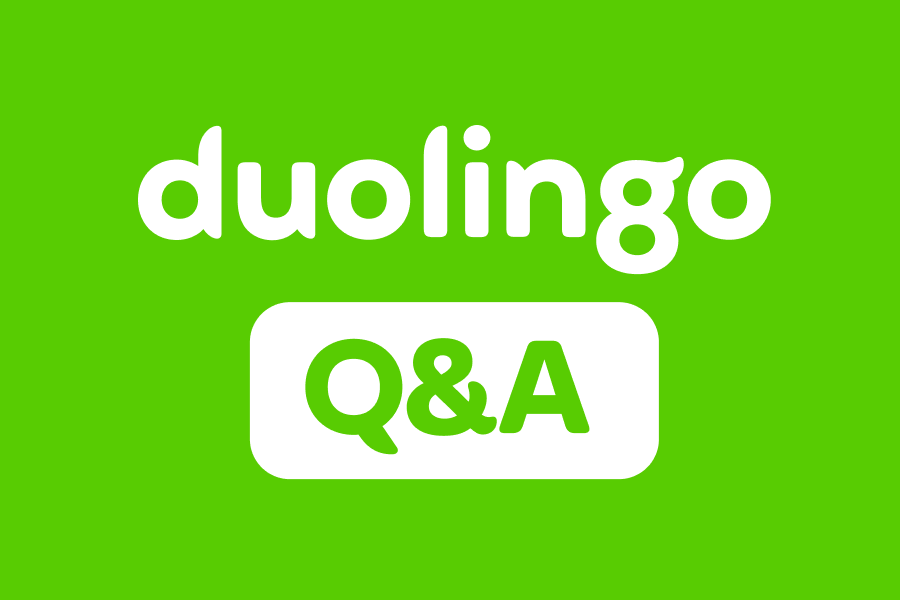Every year, Duolingo supports the brightest minds working in language assessment with our Doctoral Dissertation Awards. Read on to learn how the research these sixteen PhD candidates are pursuing will help move testing into the future.
- Analynn Bustamante
- Ping-Lin Chuang
- Ronald Cumbal
- Masaki Eguchi
- Brittany Finch
- Camilo Ramos Gálvez
- Rena Gao
- Jan Xian Li
- Isadora Teixeira Moraes
- Coral Yiwei Qin
- Davy Tran
- Aysen Tuzcu
- Lisa Wymore
- Shengkai Yin
- Qiusi Zhang
- Yan Zhao
Read on to learn more about our 2022 winners!
Analynn Bustamante

Georgia State University
Writing has been widely studied in tests that assess English for Academic purposes, but less so for English for the workplace. By providing data for the writing features that are generally important for technology-mediated communication in international workplaces, Analynn seeks to develop a general workplace English construct, which can inform workplace English curricula and assessment.
Ping-Lin Chuang

University of Illinois at Urbana-Champaign
Integrated argumentative writing (IAW) tasks are common in second language writing tests, but it’s not well understood how these tasks elicit argumentation skills, nor how those skills are evaluated by human raters. By disentangling the complex relationships between test taker, rater, and task features of IAW tests, Ping-Lin hopes to inform test development, so that assessments can better serve L2 writers in learning to argue more effectively in academic contexts.
Ronald Cumbal
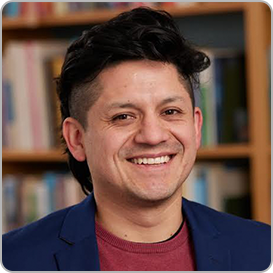
KTH Royal Institute of Technology
Assessing speaking proficiency, in the context of a social interaction, is a complex task in second-language learning. In the classroom, students can practice with other learners, and receive feedback from instructors, but it can be challenging to replicate this kind of support in technology-based learning contexts. By extending the offer of interactive speech-based language-learning platforms, Ronald seeks to provide learners with more interactive digital settings in which they can obtain immediate assessment and guidance, to better support their learning.
Masaki Eguchi
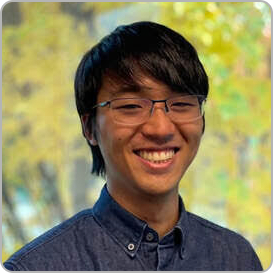
University of Oregon
On language tests, Automated Writing Evaluation (AWE) systems assess written responses effectively and efficiently, but they mainly focus on grammatical and textual knowledge—very few consider how well a test-taker communicates the ideas of their writing. Masaki aims to fill this gap by developing and testing a Natural Language Processing (NLP) pipeline that could extract important rhetorical features in academic writing—in particular, stance-taking. Ultimately, this research can be used to improve tests of English for Academic Purposes.
Brittany Finch

Michigan State University
Literacy affects nearly all aspects of language use, even when no reading is involved. Yet nearly a quarter of adults in the U.S. have low literacy. Brittany’s work sheds light on how the brain engages in language comprehension during listening tasks, and will help researchers understand how low-literate individuals may be disadvantaged by typical listening assessment tasks.
Camilo Ramos Gálvez
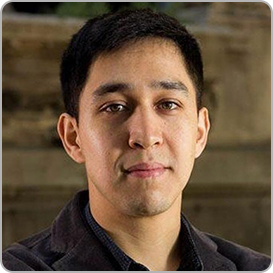
Lancaster University
In Chile, Diagnostic Language Assessment is mandated at university level, but the current tests are limited in many ways. Camilo seeks to develop and validate innovative item types for a new diagnostic assessment tool for academic reading. By deepening our understanding of what it means to diagnose higher-level and academic reading abilities in EFL contexts, he hopes to make the case for a more purposeful use of diagnostic assessments.
Rena Gao

University of Melbourne
In conversation, responses are an essential tool that speakers and listeners use to maintain extended interaction. That means understanding and predicting responses could be essential in understanding English learners’ interactional competence. Rena’s study attempts to build a cross-lingual language prediction model to predict and label features with semi-supervised learning, which can help researchers better understand how language learners in different contexts develop their ability to converse successfully.
Jan Xian Li
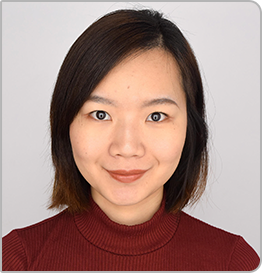
Georgia State University
The ability to engage in spoken interaction, or Interactional Competence (IC), is a key feature of successful communications. However, while Interactional Competence (IC) has gained increasing attention in second language assessment, the rise of computer-mediated tests poses new challenges to IC assessment. Jan’s dissertation investigates the validity and reliability of a paired, online speaking test and the construct of IC, with the goal of improving our understanding of L2 oral communication ability and helping to develop better, more reliable ways of assessing speaking.
Isadora Teixeira Moraes
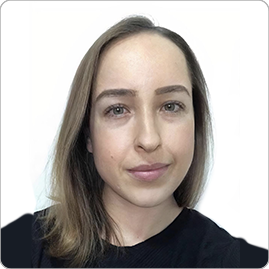
State University of Londrina
In Brazil, the stated goal of assessment is not only to measure learning, but to promote it. Unfortunately, because instructors are not always adequately trained on how to use assessment effectively in the classroom, tests are often used as a tool for control, power, and punishment. By examining instructor’s needs, as well as institutional policies, Isadora seeks to promote Language Assessment Literacy among instructors, hoping to make language assessment ever more transparent, just, and targeted at student learning.
Coral Yiwei Qin

University of Ottawa
In addition to measuring language proficiency, language assessment has been widely used by governments in various contexts to screen immigrants. Coral’s research examines how Canada uses language assessment for immigration purposes, and specifically how its language policies have influenced Chinese immigrants. By incorporating immigrants’ experiences, Coral’s work can help us better understand the impact of language testing on individuals, and promote discussions about social cohesion and nation building in Canada and beyond.
Davy Tran
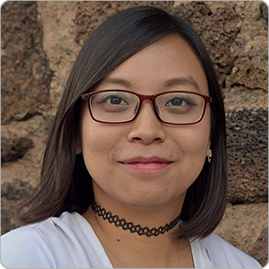
University of Texas at San Antonio
Davy’s is some of the first research to use quantitative methods to study washback of an English test in Vietnam. She hopes that by investigating the relationships among test takers’ motivation, learning strategies, and test scores, she can help develop strategies to increase students’ motivation and improve learning.
Ayşen Tuzcu
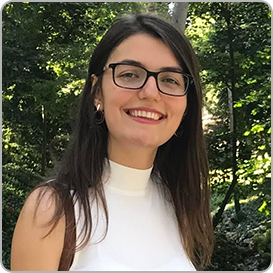
Michigan State University
Language assessments are often used to measure learning gains, but there’s insufficient research to document how learners’ cognitive processes affect their learning. By taking a closer look at L2 learners’ attention, awareness, and intentionality while reading, Aysen’s research will help lay a foundation for a broader, more comprehensive view of vocabulary learning and assessment.
Lisa Wymore

University of Iowa
In U.S. K-12 schools, English language proficiency test scores are used to determine which students are eligible for language programming, as well as what kinds of support that programming entails. English Learner teachers are often called upon to interpret test results, yet are not always equipped to lead this work. Lisa seeks to develop a set of scaffolds to support educators working in this complex situation. In particular, she hopes to shine a light on the needs of educators working in rural areas with different, if not fewer, resources at their disposal.
Shengkai Yin

Shanghai Jiao Tong University, University of Melbourne
Critical thinking is an important skill in assessing English for academic purposes, but how it is actually represented has not been clearly defined. Shengkai seeks to provide insights into critical thinking and its role in academic English-speaking ability, by conceptualizing and operationalizing it in a computer-based online EAP speaking test. This work can help EFL learners to engage in peer- and self- assessment of their critical thinking ability, to better identify their strengths and weaknesses, and develop certain habits of mind to reach their learning goals.
Qiusi Zhang

Purdue University
International teaching assistants (ITAs) provide important support in U.S. higher education programs, but varied speaking skills mean that they often struggle to communicate with American undergraduates. While many institutions offer programs for ITAs to develop their speaking skills, little research has examined how they learn and benefit from such courses. This study attempts to track the participants’ individual development, which can have important implications for how assessment activities contribute to classroom instruction.
Yan Zhao

University of Melbourne
Around the world, high-stakes language tests inform how limited education resources are regulated and distributed. But while many studies have focused on how these tests influence key stakeholders, few have centered on the test taker perspective. By exploring how students mediate test impact before, during, and after the administration of a prominent English language test in China, Yan hopes to provide a more comprehensive understanding of the impact mechanism.
Congratulations to our winners!
By asking important questions, applying innovative techniques, and incorporating new perspectives, these sixteen scholars are working to make language assessment better, more effective for learners everywhere. We thank them for their tireless work and are excited to see where their research takes them!
